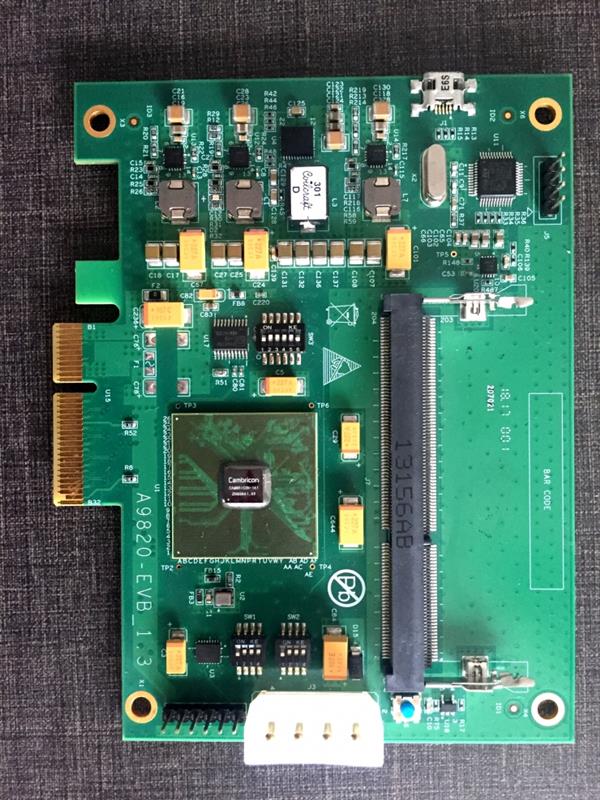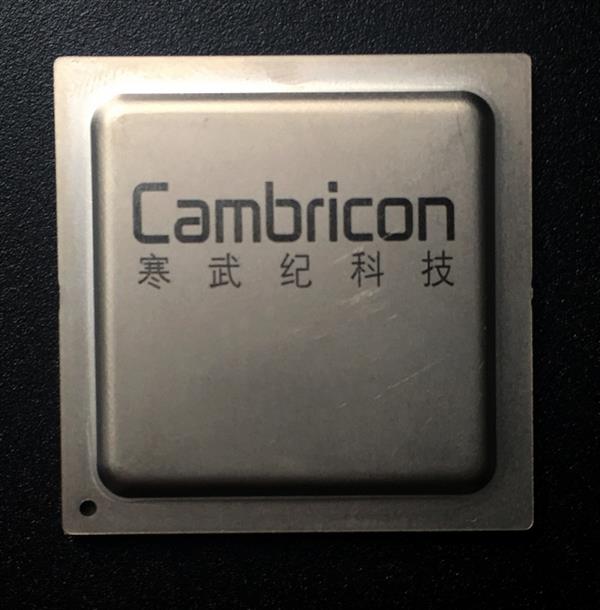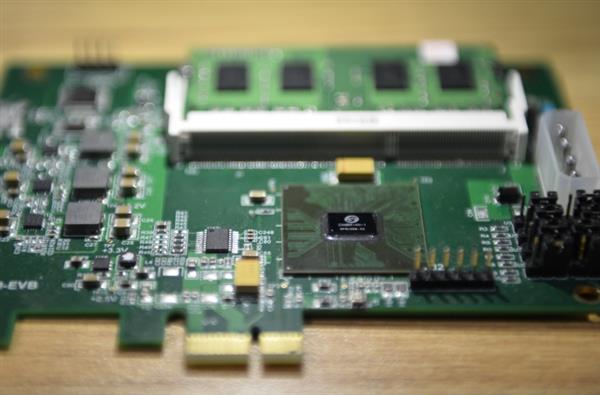A major development took place on Friday: Cambricon, a leading domestic AI chip startup, successfully closed its Series A funding round with a total of $100 million. This marks a significant milestone in the company's journey and signals strong investor confidence in its potential.
What stands out even more than the funding amount is the impressive list of investors involved in this round. The lead investor is SDIC Venture, a subsidiary of the State Development & Investment Corporation (SDIC Group), while industry giants like Alibaba, Lenovo, and National Investment also participated. Additionally, China Turing Join, along with several venture capital firms such as Yuan Ebara, continued their support from the pre-A round. This diverse group of backers reflects the growing interest in AI chip technology and Cambricon’s leadership in the field.
We have confirmed with Cambricon that it has officially become the first unicorn startup in the global AI chip industry. This achievement highlights the company’s rapid growth and technological breakthroughs.

Cambrian board card
As the first AI chip company to achieve mass production of physical chips, Cambricon introduced the "Cambrian 1A" deep learning processor in 2016. When running mainstream AI algorithms, the performance per watt of this chip significantly outperforms traditional processors, making it a game-changer in the industry.
Founded by Professor Chen Tianshi, who has spent over a decade researching processor architecture and artificial intelligence, Cambricon benefits from his deep expertise and academic reputation. Dr. Chen has received numerous awards, including the National Natural Science Foundation of China's "Youqing" Award, the CCF-Intel Young Scholar Award, and the Chinese Academy of Computers' Excellent Doctoral Distinguished Award. His leadership has been instrumental in driving the company forward.
Cambricon was also incubated by the Institute of Computing Technology at the Chinese Academy of Sciences. Not only did they provide initial angel investment, but they have also offered long-term technical and financial support throughout the company’s development.
In an exclusive interview with Leifeng Network, CEO Chen Tianshi shared insights into the recent financing and future plans of the company.
Q (Leifeng Public Account): First of all, I’d like to congratulate Cambricon on completing the Series A round. This is the largest AI chip financing we’ve seen so far. We’ve heard that you’ve now become a new unicorn in this space. Can you share any details about this round?
Chen Tianshi: AI chips are part of the “heavy industry†of the AI sector, meaning they require substantial investment. At the same time, AI chips play a critical role in supporting the entire AI ecosystem. Our leadership in this field has given both investors and the market confidence in our future growth.

Cambrian chip
Q: What were the key timing factors behind this financing? You completed a Pre-A round last August, then launched the “Cambrian 1A†chip three months later. Is there a connection between these two events? And after this A-round, will Cambricon make more major moves soon?
Chen Tianshi: Cambricon has gone through multiple financing rounds. In the first half of last year, we were established and raised our angel round. This year, we conducted the Series A round. Financing is directly tied to our development. Without the angel investment, we wouldn’t have been able to commercialize quickly or industrialize the research results of the Cambrian 1A processor IP. The support from the Institute of Computing Technology was also crucial. This Series A round aims to bring more advanced products to the market.
Q: In an interview at the end of last year, Mr. Chen mentioned: “From R&D to mass production and commercialization, it takes years. Everyone will be able to see Cambrian technology in the market next year, in devices such as smartphones, security monitoring terminals, and cloud servers.†Can you update us on the progress here?
Chen Tianshi: Many industry professionals are closely watching our product developments. Please stay tuned—we’re working hard to bring these innovations to market soon.

Cambrian board card
Q: As a startup focused on AI chips, what do you think is the positioning of AI chips within the broader chip system? Should they be general-purpose GPUs, specialized TPUs, or FPGA-based platforms tailored for specific scenarios? Could you briefly explain your future development direction?
Chen Tianshi: With the shift from the information era to the intelligent era, AI chips will be essential for smart computing. Deep learning requires high computational power, which means more efficient hardware is needed. While GPUs are currently the mainstream, they weren't designed specifically for AI, limiting their efficiency. FPGAs offer flexibility but still lag behind dedicated AI chips in speed and energy efficiency. Many companies are also developing ASICs for deep learning, like Google’s TPU.
The ideal AI chip should be a versatile processor capable of handling voice, language, image, video, and multi-modal processing, with much higher efficiency than CPUs or GPUs. To achieve this, we need a new set of AI instructions that allow flexible processing and support a wide range of AI applications. Last year, we proposed the first international AI instruction set, which is a step toward this vision.
Q: Chip development is expensive, and the semiconductor industry has long been dominated by Silicon Valley giants. From the perspective of national technological strength, how can China achieve “overtaking†in the AI chip sector?
Chen Tianshi: The success of a chip depends not only on its performance but also on its ecosystem. Historically, ecosystems were built around ARM and x86. Without following these standards, a chip may lack software support and fail in the market. However, in the coming intelligent era, the landscape could change, and new AI ecosystems may emerge.
China has the world’s largest AI market, and companies like Cambricon have strong technology. This gives us a chance to influence global AI development. The core is the AI instruction set—without it, standardization and software-hardware interaction are impossible. That’s why we proposed the first international AI instruction set.
To build national technological strength, we need to guide and standardize the industry, establish a domestic AI instruction set as the industry standard. Once this is in place, China may have the opportunity to lead the global AI industry.
5.08Mm Ribbon Connector,Pressure Connector,Electrical Connector,Wire-To-Board Connector
YUEQING WEIMAI ELECTRONICS CO.,LTD , https://www.wmconnector.com